Search Results
10 results for cancer
Toward Achieving Health Equity for People with Genetic Disorders
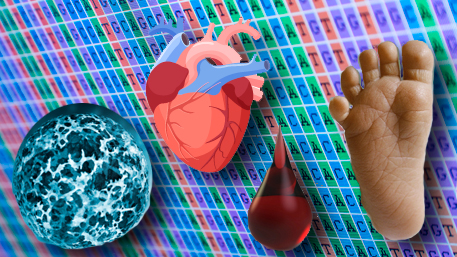
If health equity is about making sure that everyone has the opportunity to be as healthy as possible, public health efforts to achieve health equity must include people with genetic disorders. Some might consider having a genetic disorder a health inequity itself—one present from birth and over which affected individuals have limited control. Thousands of
Posted on by 2 CommentsWhat should be the public health priorities in genomics and precision medicine in the next decade?
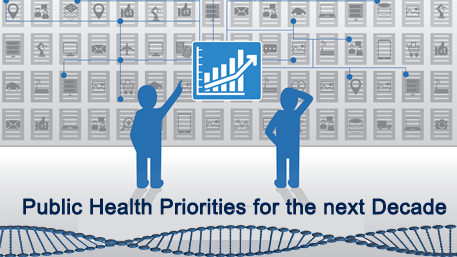
The CDC Office of Genomics and Precision Public Health is undergoing strategic planning to identify major opportunities for impact of public health action in human genomics and precision medicine in the next decade. As part of this process, we interviewed nine persons external to CDC from diverse backgrounds and organizations that represent the leading edge
Posted on by 1 CommentWhat is Public Health Genomics? A Day in the Invisible Life of Public Health Genomics (an Encore)
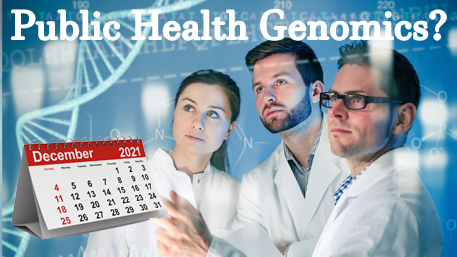
We published this blog a decade ago. As we celebrate 2021 public health genomics week, we republish the blog to remind our readers of the relevance of genomics to many areas of public health. The topics discussed here may be outdated but the fundamental applications of public health genomics are today more important than ever.
Posted on byPublic Health Genomics Priorities Through a Health Equity Lens
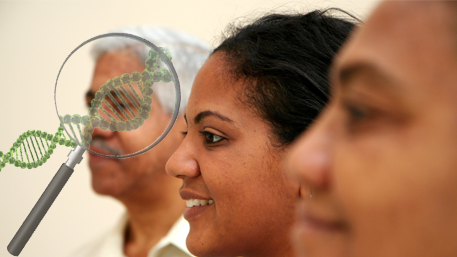
Achieving Health Equity in Genomics and Precision Medicine is More Important than Ever The CDC Office of Genomics and Precision Public Health is undergoing strategic planning to identify priorities and actions for genomics and precision medicine. As we embark on this work, we are focusing on health equity. The potential for genomics and precision medicine
Posted on byPersonal Reflections on Genomics, Health Equity, and Public Health

My nephew, Eddie, and niece, Sheri, were lively, witty, high-spirited, active, bright, and full of hope. Eddie dreamed of becoming a professional baseball player, while Sheri aspired to become a mathematical engineer. But their childhood diagnoses with a type of kidney disease called nephrotic syndrome ended those dreams. While nephrotic syndrome can be inherited, we
Posted on byTier 1 Guidelines on Family-Based Screening for Hereditary Hemochromatosis

An important function in public health genomics is to identify evidence-based genomic applications that can save lives and prevent disease. In maintaining the PHGKB Tier Coded Guidelines database, we routinely look for Tier 1 applications of genomic testing strategies that have evidence-based guidance supporting implementation in specific clinical scenarios. We only consider recommendations that have
Posted on bymRNA COVID-19 Vaccines: An Incredible Feat of Genomic Technology
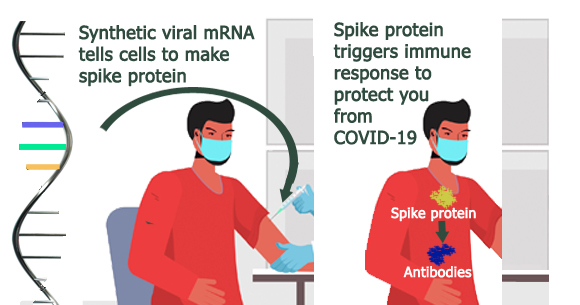
In December 2020, less than a year after the SARS-CoV-2 virus was identified, two COVID-19 vaccines manufactured by Pfizer-BioNTech and Moderna were approved for use in the United States under an Emergency Use Authorization by the U.S. Food and Drug Administration (FDA). Never has a U.S. vaccine been developed so quickly, and genome technology made
Posted on by 2 CommentsHow Common is Familial Hypercholesterolemia?

Familial Hypercholesterolemia (FH) is a genetic condition that leads to high blood levels of low-density lipoprotein cholesterol, also known as LDL-C or “bad cholesterol.” Most people with FH have heterozygous FH, meaning they have only one FH-causing mutation, but in rare cases, a person can have homozygous FH, meaning they have FH-causing mutations in both
Posted on byLabs on FHIR: Sharing Genetic Test Results*
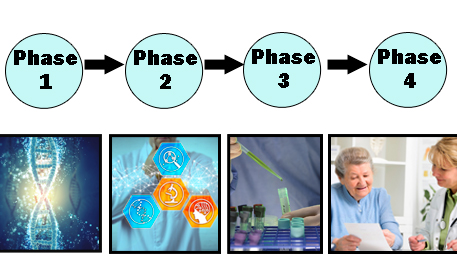
The use of genetic testing is becoming increasingly routine in patient care. For example, tests are available to check newborns for genetic disorders, screen would-be parents for carrier status, inform cancer care, and evaluate potential pharmacogenetic associations. However, the laboratories that perform these tests face many challenges that keep them from being able to return
Posted on by2020: A Challenging Year of Progress for Genomics and Precision Public Health
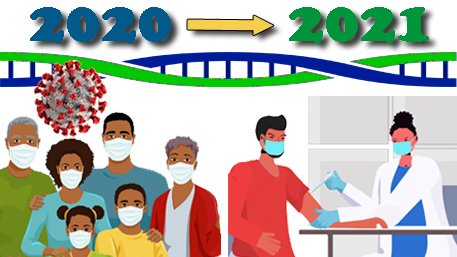
It is time to wrap up an eventful 2020 which unfortunately was dominated by the COVID-19 pandemic. From January 2020 through November 2020, we saw a major increase in visits to our website (> 2.6 million views, compared to 2 million views in 2019 and 1.2 million views in 2018). In our year end blog,
Posted on by